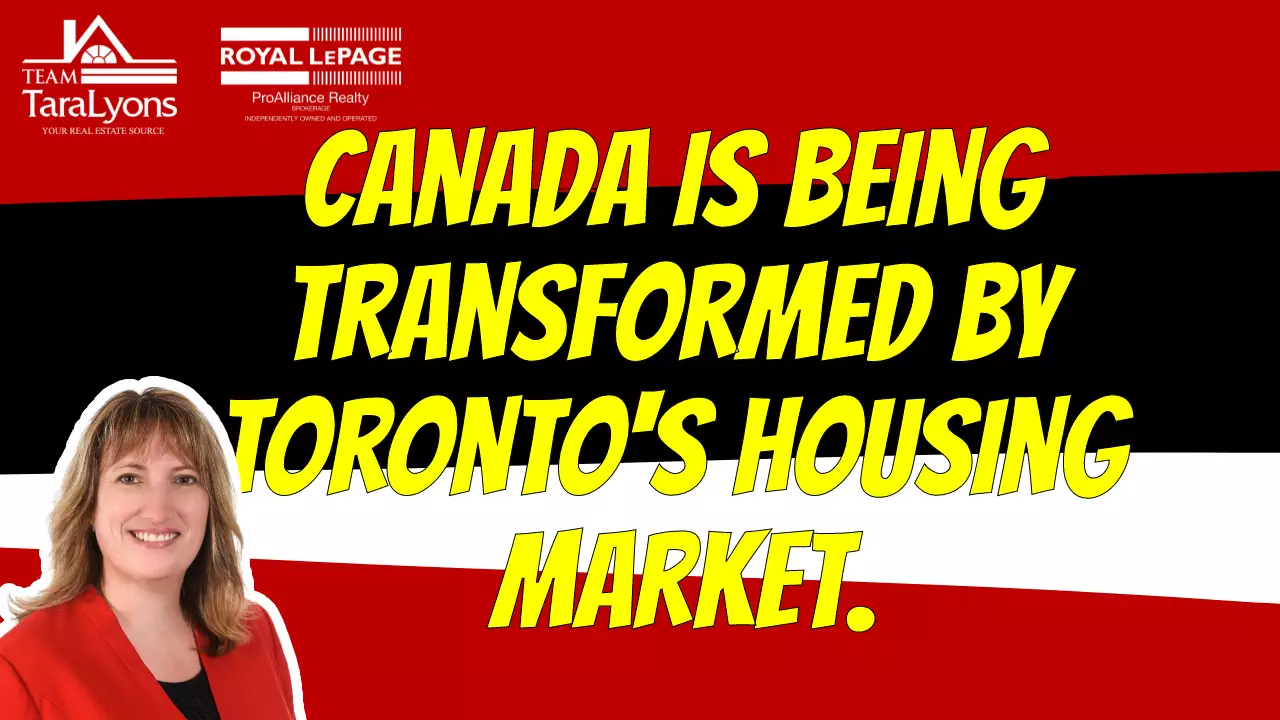Professor Mike Moffatt of Ivey Business School at Western University, as well as the senior director of the Smart Prosperity Institute, believes that the housing crisis in the Greater Toronto Area will have ripple effects that reshape communities across Canada, which he calls the Great Canadian Convergence. Here, we summarize how he believes it will happen and what leaders must do to prepare. We've seen the impact of this convergence here Belleville and look to our leaders to plan ahead for the city.
Why do our cities go to great lengths to prevent housing from being built, if housing is considered a human right?
Since the mid-2010s, families have been compelled to vacate the Greater Toronto Area, or GTA, for cities like Kitchener and Woodstock, or smaller communities in the province, due to Toronto’s housing shortage. Pre-pandemic issues were limited to a 100-kilometre zone from the GTA, since people still had to commute to work. Now, as remote employment becomes the norm, we’re witnessing a sharp increase in the number of Torontonians moving outside the city even to other provinces. There has been a significant increase in the number of Ontarians who have moved to Nova Scotia compared with before the epidemic—8,166 persons in 2019 and 2020 versus 15,862 in 2021 and 2022.
For the last few years, home prices have been skyrocketing throughout Southern Ontario, following the same pattern as those in the GTA. The benchmark value of a single-family home in Kitchener-Waterloo jumped 35% from the previous year to $518,900 in April 2017, up from $381,700.
More than 75,000 people left Toronto, York Region, and Peel Region in the last year alone. Increasing home prices in other parts of the province aside from the GTA.
The answer, in the long run, is to build more housing. If we can retain more families in the GTA and smaller communities by providing sufficient affordable housing, we will be able to accomplish that. During the last Ontario election, all four parties agreed on a goal of building one million homes in the next decade. We must now determine how to increase density by altering zoning regulations, and how to obtain enough skilled labour to build these homes.
The positive aspect of families leaving the GTA has been revitalisation in a number of Ontario towns. The trend has been a boon for many communities because it has forced families to relocate to smaller centres. Schools are successfully staying open in rural Ontario thanks to the large number of children moving there.
The bad part is that rising house prices have caused a lot of displacement. Families working remotely for Toronto-based companies, earning good incomes, often price local residents out of their homes. On Twitter, when I first started discussing the Great Canadian Convergence, many argued that by encouraging people to return to work, we would reverse this trend. I'm not sure. It will be difficult for employers to enforce in-person work, especially given the ongoing labour shortage: “If I can’t work for you remotely, I’ll work for someone else.”
Smaller communities stand to gain from the Great Canadian Convergence by revitalizing business and culture and generating more employment opportunities. Communities must plan for the influx of families moving in or they will encounter their own housing shortages and affordability issues.
Across Canada, the Great Canadian Convergence may revitalize communities, but careful, knowledgeable planning is critical to its achievement.
